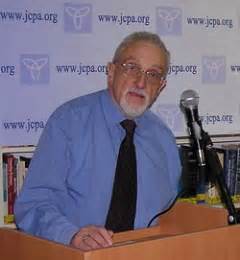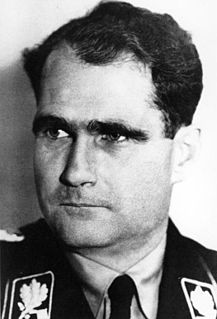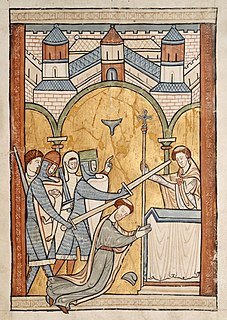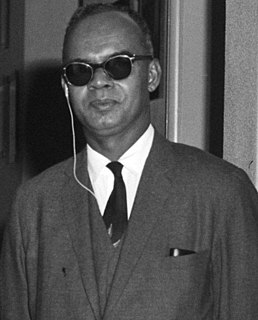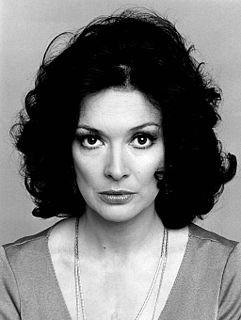A Quote by Dan Barker
One of the primary questions in a state-church arrangement is, 'which controls which?' . . . In Norway, for example, the liberal labor government has regularly angered Church officials by making controversial ministerial appointments against the wishes of the clergy. . . . These and other actions have strained the church-state relationship almost to the breaking point. As a result, some of the bishops have advocated disestablishment.
Related Quotes
It is true that traditional Christianity is losing some of its appeal among Americans, but that is a religious, not political, matter. It is worth remembering that the Jeffersonian 'wall of separation' between church and state has always been intended to protect the church from the state as much as the state from the church.
As you know, the separation of church and state is not subject to discussion or alteration. Under our Constitution no church or religion can be supported by the U.S. Government. We maintain freedom of religion so that an American can either worship in the church of his choice or choose to go to no church at all.
Protestants are the more segmented group. Mainline churches - you have problems in the U.S., Europe, the Scottish Church, the Dutch Protestant Church, the state church in Norway. The evangelicals have been pro Israel, but a major effort is to bring them in on the Palestinian side. A huge problem and the problems are rising.
The Church of Christ is constituted in two orders, the clergy and the people, the one having the care of the Church that all may be ruled for the salvation of souls; the other contains kings, princes, and nobles who have to carry on secular government that all things may lead to the peace and unity of the Church.
Baptism does not profit a man outside unity with the Church ... For many heretics also possess this Sacrament but not the fruits of salvation ... The benefits which flow from Baptism are necessarily fruits which belong to the true Church alone. Children Baptized in other communions cease to be members of the Church when, after reaching the age of reason, they make formal profession of heresy, as, for example, by receiving communion in a non-Catholic Church.
In the first place, the church can ask the state whether its actions are legitimate and in accordance with its character as state, i.e., it can throw the state back on its responsibilities. Secondly, it can aid the victims of state action. The church has an unconditional obligation to the victims of any ordering of society, even if they do not belong to the Christian community. The third possibility is not just to bandage the victims under the wheel, but to put a spoke in the wheel itself.






